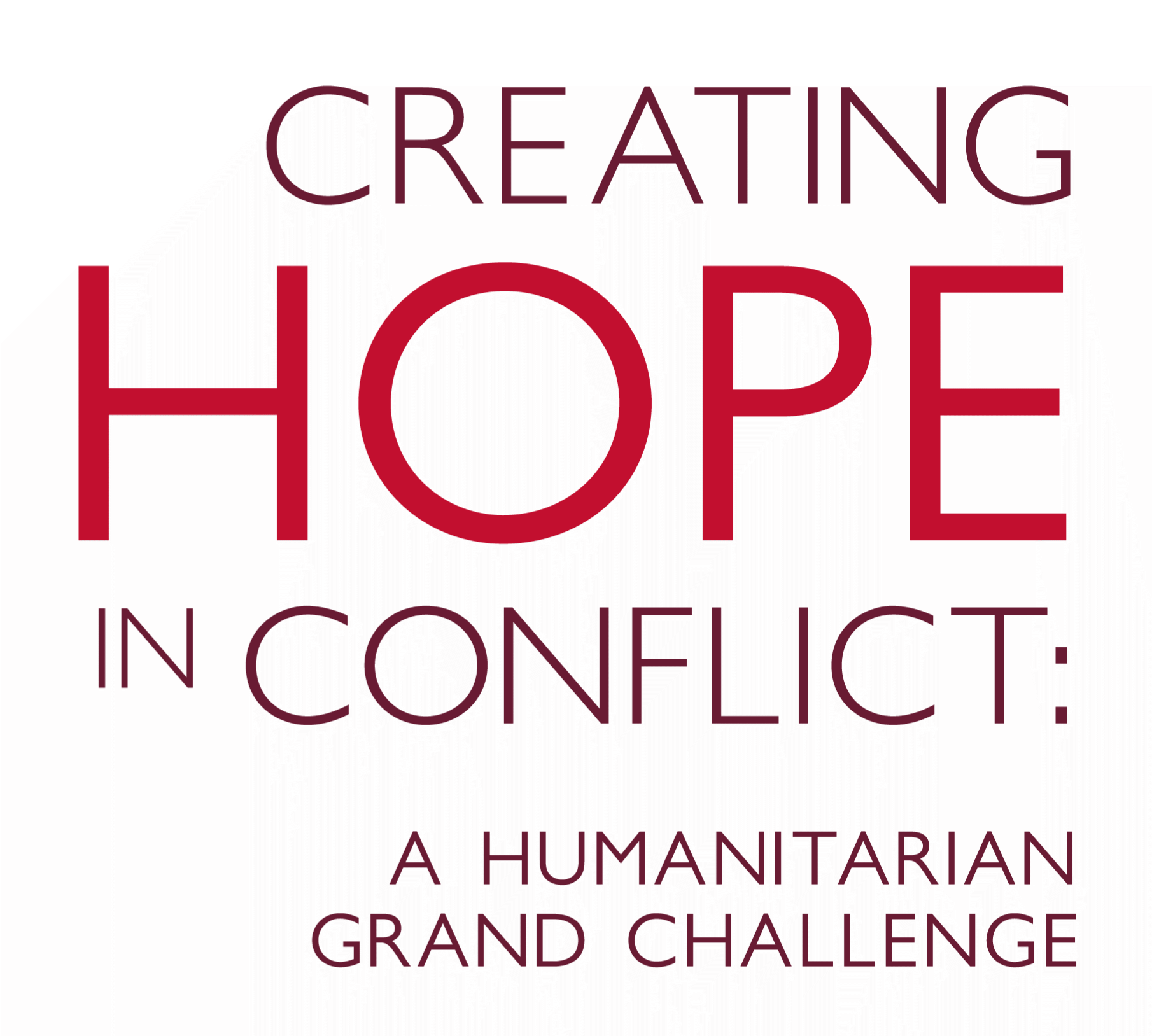Protecting Conflict Populations from Cutaneous Leishmaniasis and Other Insect-Borne Diseases
By The MENTOR Initiative
Cutaneous Leishmaniasis (CL) is a growing epidemic in conflict zones. In Syria, a country in its tenth year of conflict, Leishmaniasis levels are 40 (forty) times higher than pre-war levels. The vector, a sandfly, breeds in the destroyed buildings of urban epicentres. In Syria, mass-population displacement, poor living conditions and destruction of health services increases vulnerability to infection and spreads the disease across previously non affected areas. Ongoing conflict restricts essential humanitarian access, hampering delivery and effectiveness of conventional prevention campaigns, leaving millions of vulnerable civilians unprotected.
The MENTOR Initiative will pilot insect repellent “Envelopes” to combat the rise of Cutaneous Leishmaniasis in conflict settings. Made of World Health Organization (WHO) approved transfluthrin, these single sheets of thin plastic are hung up in the home, to provide a portable, simple and stable tool for protection against flying insects. The envelope potentially offers the first simple disease prevention approach, to be used directly by families living in conflict affected communities. Being roughly the size and weight of A4 paper makes the solution easy to transport and distribute at scale even in active conflict settings.
